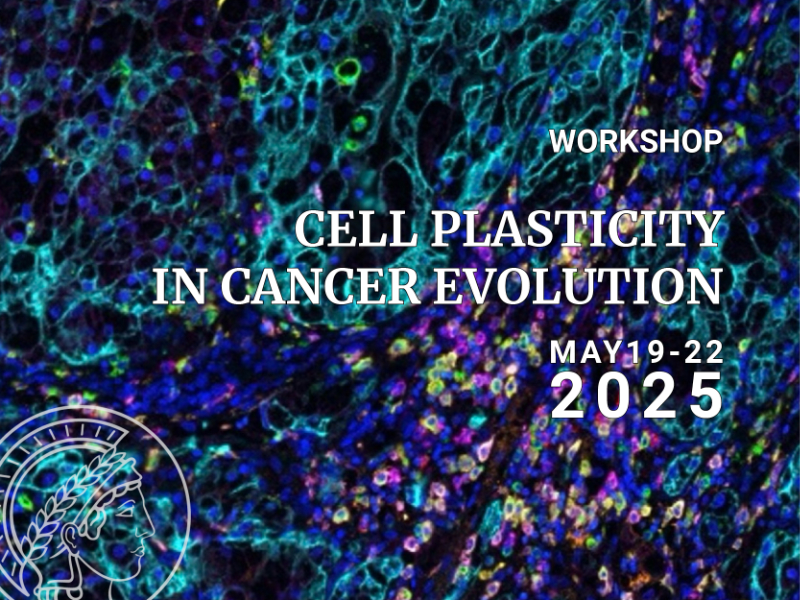Speaker
Description
Authors: Helal Ahmed1,2, Luca Heinemann1, Klara Möllers1, Zhangman Wang2, Marah Hussein2, Pradeep Kumar Patnana1,2, Jan Vorwerk1,2, Ashok Kumar Rout3, Eva Dazert, Ulrich Guenther3, Nikolas von Bubnoff2, Wael Mansour4, Cyrus Khandanpour1,2.
Background: Multiple myeloma (MM) is a hematological malignancy that disrupts the bone marrow (BM) microenvironment to support its progression. Mesenchymal stem cells (MSCs), key regulators of the BM niche, exhibit remarkable plasticity under MM-induced stress. This plasticity reprograms MSCs, enabling them to foster tumor growth and immune evasion, while also contributing to therapeutic resistance. Objectives: MM remains an incurable disease so far. Distinctive for this disease is a long-lasting polarization of the BM niche influencing MM progression and prognosis. We, therefore, focused on MSCs to identify enrichment for different hallmark gene sets and their aberrant signaling contributing to the pathogenesis of the disease, therapy response and to further identify novel therapeutic strategies. Methods: We investigated the functional and the molecular alterations in MSCs from myeloma (MM-Act-MSC) and non- myeloma patients (Ctr-MSC) using functional assays, RNA sequencing, and proteomic profiling. Results: As demonstrated, MM-Act-MSCs exhibit reduced proliferative capacity compared to CTR-MSCs and provide enhanced support for the growth of myeloma cells relative to CTR-MSCs. Transcriptomic analysis revealed that MM-Act-MSCs possess a distinct gene expression profile compared to CTR-MSCs, highlighting potential mechanisms of crosstalk and therapeutic relevance. Notably, the PI3K-AKT-mTOR hallmark gene set was significantly enriched in MM-Act-MSCs relative to CTR-MSCs (p < 0.001). Metabolic profiling further indicated a shift in MM-Act-MSCs from oxidative phosphorylation to glycolysis. Moreover, MM-Act-MSCs displayed increased DNA damage coupled with a reduced capacity for DNA repair. Conclusions: Our study highlights the profound plasticity of MSCs in response to MM-induced stress, resulting in a tumor-supportive phenotype that exacerbates disease progression and drug resistance. Targeting the MSC-MM interaction axis and associated metabolic vulnerabilities may provide novel therapeutic opportunities to disrupt the supportive BM niche and improve patient outcomes.

